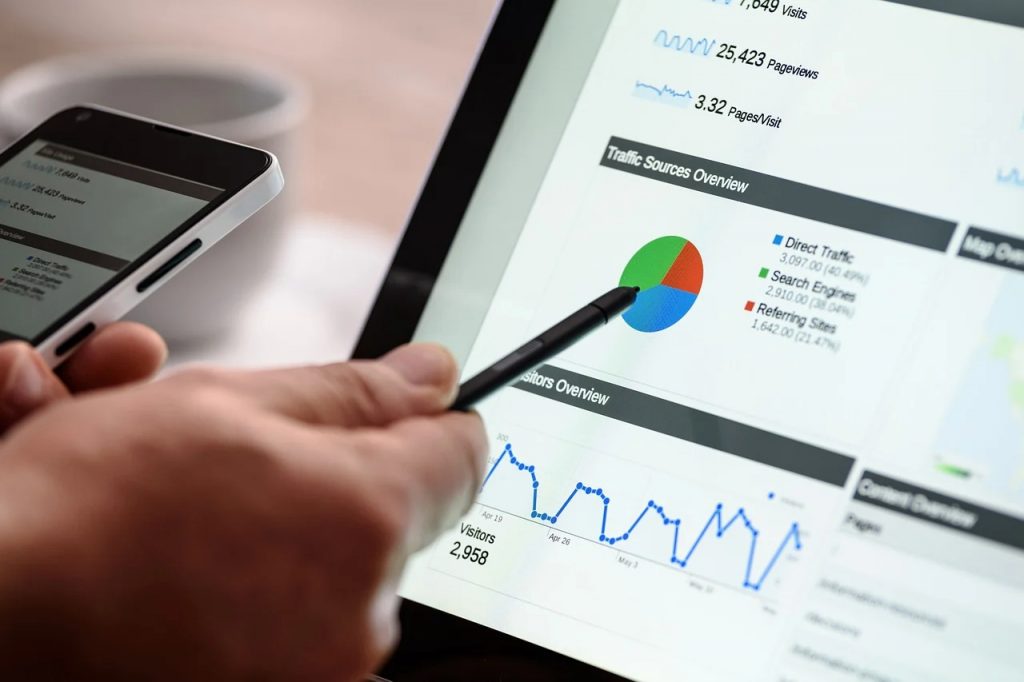Why The US Economy May Never Be The Same
The United States economy may have been permanently changed as a result of the pandemic and the Federal Reserve doesn't know what to do.
This article is more than 2 years old

The pandemic served to alter the economy in a slew of different ways. It further accelerated emerging consumer trends such as contactless payment options and put a greater focus on online shopping. Two plus years in a state of lockdown limbo also transformed many public perspectives. Priorities shifted profoundly. For instance, workers suddenly felt empowered to vie for rights they should have long ago and as a result, businesses were motivated to respond. To put it simply, the pandemic perpetuated a profound economic shift from many different angles. And the Federal Reserve thinks that this shift just may be permanent.
Federal Reserve Chairman Jerome Powell says that he thinks the United States may never return to the way things were pre-pandemic. “The economy is being driven by very different forces. What we don’t know is whether we’ll be going back to something that looks like, or a little bit like, what we had before,” highlighted Powell.
Powell’s observation came largely as a result of the public’s response to the current intense inflationary period. This is because it does not resemble how the public historically reacts. Normally, inflation will serve as a major catalyst to slow the economy. People normally pull back their spending in response to higher prices, especially for large and leisure purchases. When the Federal Reserve recently raised interest rates this is how they predicted the public would respond. However, this has largely not been the case. Customer spending remains strong despite the Federal Reserve’s attempt to slow the economy to get a better handle on the hyper-inflated market. In fact, some areas of commerce, like travel, are stronger than ever.
Although, it’s not just consumer resiliency that is making this inflationary period unique. There are a lot of mitigating circumstances that are perpetuating inflation’s chokehold on the United States economy. The pandemic facilitated a whole host of supply chain issues, many of which have remained unceasing. This has caused supply to remain insufficient to meet demand. Thus, prices have remained inflated. One analyst predicted that inflation, as it is now, is here to stay. “I don’t think we’re going back to that [pre-Covid] period of low inflation,” said European Central Bank President Christine Lagarde. Lagarde also pointed to unforeseen challenges that erupted because of Russia’s senseless besiegement of Ukraine.
So what does this all mean for the US economy? It means that the Federal Reserve is unsure how to handle it and they are now traversing uncharted territory. The pandemic changed consumers. It changed world perspectives. Those immense alterations have birthed a period where the past can no longer be relied on to predict the future. Going forward, the Federal Reserve did express concerns over whether their initial inflating-combatting maneuvers were appropriate. They also cited fears regarding their potential to take interest rate hikes too far. However, Powell pointed to his greatest fear, noting that because they are embarking on previously untapped territory he worries that the Federal Reserve will fail to find a viable avenue to restore the pricing stability of consumer goods.




